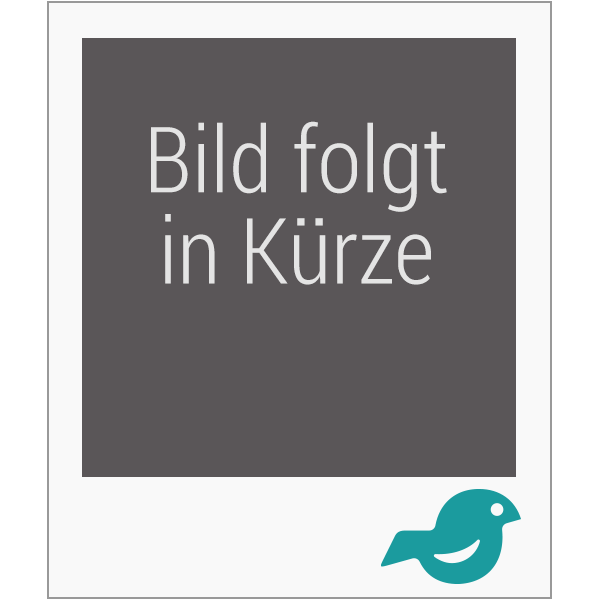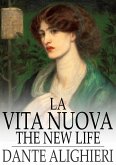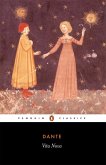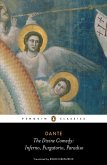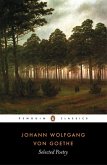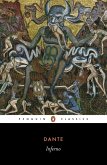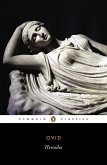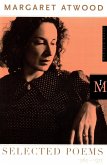Fall in love with love in this gorgeous collection of poems from Italian master Dante Alighieri, author of The Divine Comedy. Although collections of lyric poems singing the praises of love are as old as the written word, La Vita Nuova is remarkably innovative. Combining works in verse and prose in a linked series of pieces exploring the complexities of courtly love, this enchanting anthology is a must-read for poetry fans.
Dieser Download kann aus rechtlichen Gründen nur mit Rechnungsadresse in A, B, BG, CY, CZ, D, DK, EW, E, FIN, F, GR, HR, H, IRL, I, LT, L, LR, M, NL, PL, P, R, S, SLO, SK ausgeliefert werden.

